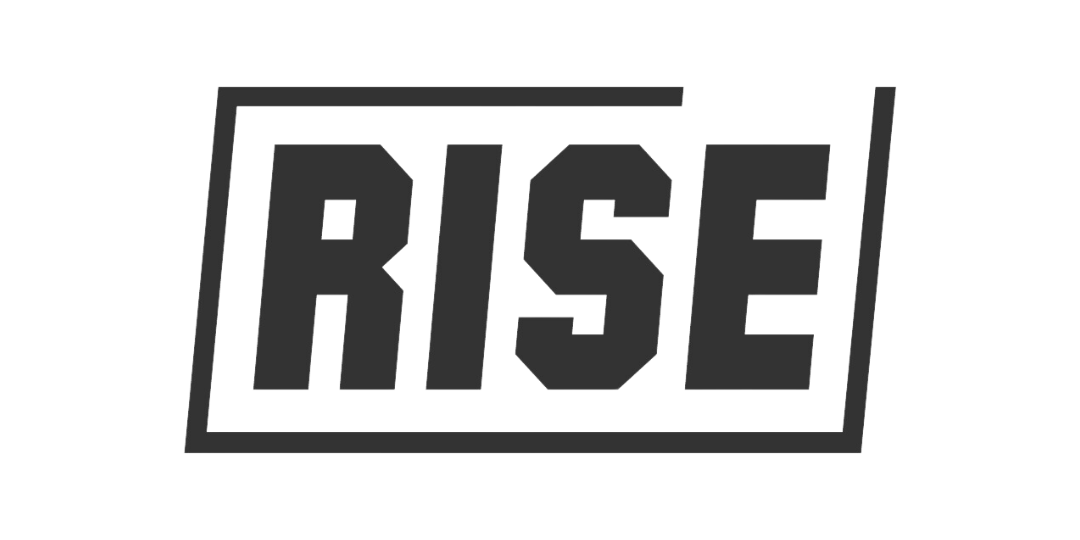In the fall of 2021, Rise launched its first class of Tribal College and Indigenous Student Organizing fellows. This program intends to deliver new public funding and policy changes that address the longstanding resource inequities that Tribal Colleges and Universities (TCUs) and their students face.
Higher education of Native American people has emerged from a complex and painful history of assimilation, removal, and violence that we must acknowledge and examine today to address racial equity and these long standing disparities students face.
The Native population has increased 39% from 2000 to 2010, but Native student enrollment remains static, representing just 1% of total postsecondary enrollment. Tribal colleges and universities (TCUs) continue to provide a transformative postsecondary experience and education for Native population and non-Native students from in and around Native communities, but receive fewer public and philanthropic resources to achieve their mission. The 37 TCUs enroll nearly 28,000 full-time and part-time students annually. However, TCU’s are limited in their ability to further their impact on the tribal communities they are chartered to serve, due to the fact that TCUs are perpetually underfunded through the federal Tribally Controlled Colleges and Universities Assistance Act of 1978. As with all Rise programs, this initiative is led by students who are advocating for equitable funding and policy changes that make higher education accessible and free for all Native students.

